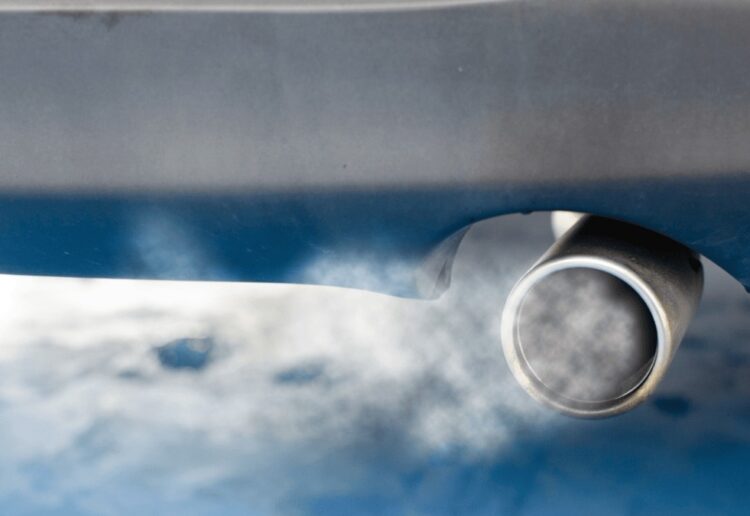PLANS to bring in parking charges based on emissions are going up for debate at a Reading Borough Council meeting later this month.
The scheme to bring emissions-based charges to parking across the borough would see owners of more polluting vehicles paying more to park on Reading’s streets.
The plans would instate tariffs of 20% for petrol cars and 25% for diesel, which would be added to each parking pricing band currently in place, based on carbon dioxide emissions.
The tariffs would only apply to vehicles which have emissions of more than 150g/km (grams per kilometre), meaning that some non-electric vehicles will fall under the threshold.
It is anticipated around 50% of cars will fall into the lowest category and see no extra charges and that a further 25% of cars will fall into the first band, resulting in a small increase.
Councillors agreed that the plans would be implemented subect to formal public consultations earlier this year; those consultations were held between August and October.
Now the policy committee is set to examine the results of those consultations at a meeting set for Monday, November 17.
If approved, the council is seeking to implement the plans on pay and display parking permits as soon as February next year.
The move would follow in the footsteps of similar policies implemented elsewhere, including Lambeth, Lewisham, Westminster, and Bath and Northeast Somerset, which have seen positive impacts on air quality.
Cllr John Ennis, Lead Councillor for Climate Strategy and Transport, said: “Improving air quality in Reading is a high priority for the Council as pollution affects the health of residents, particularly children, older people and individuals with heart and lung conditions.
“We know that transport accounts for around 30% of all carbon emissions nationally and the Council is investing heavily in further improving public transport and encouraging cycling and walking in Reading, as well as introducing more electric vehicle charging points.
“Emission-based parking charges is another measure which can be used to help reduce air pollution, although it is worth emphasising that many petrol cars, as well as electric vehicles, would avoid any extra costs.
“Only the more polluting vehicles would pay the higher charges.”
Motorists can check their vehicle’s emission data via: vehicleenquiry.service.gov.uk
























